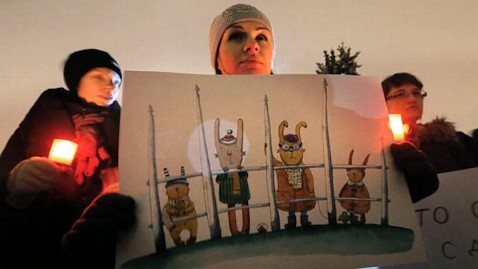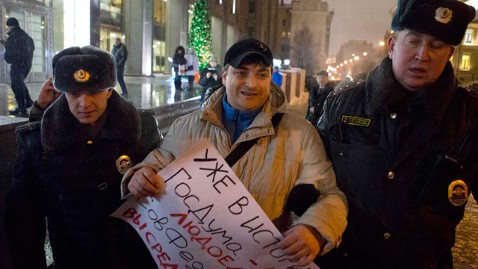Congressional and White House negotiators are closing in on a deal to avert across-the-board tax hikes and spending cuts that take effect at midnight, as the nation teeters on the edge of the so-called fiscal cliff.
An emerging tentative agreement would extend current tax rates for households making $450,000 or less; extend the estate tax at its current level of 35 percent for estates larger than $5 million; and prevent the Alternative Minimum Tax from hammering millions of middle-class workers, sources said.
The deal would also extend unemployment benefits set to expire Tuesday and avert a steep cut to Medicare payments for doctors.
Both sides also seem willing to delay by three months automatic spending cuts to defense and domestic programs, the sources said, setting the stage for continued fiscal debate in the next few months tied to the debt ceiling.
Vice President Joe Biden and Senate Minority Leader Mitch McConnell, R-Ky., are leading the negotiations, sources said, holding several "good" conversations late into Sunday night and continuing a dialogue early this morning.
They are trying to broker an elusive compromise on taxes and spending that can win the support of bipartisan majorities in the Senate and House.
Even if a deal is reached between Biden and McConnell, members in both chambers would still need to review it and vote on it later today. Passage is far from guaranteed.
"This is one Democrat that doesn't agree with that at all," Iowa Democratic Sen. Tom Harkin said of the tentative deal. "No deal is better than a bad deal, and this looks like a very bad deal the way this is shaping up."
Failure of Congress to act on a tax measure by Tuesday morning would trigger income tax hikes on all Americans. The average family would pay an extra $3,446 in 2013 under the higher rates, according to the Tax Policy Center.
Regardless of the "cliff," virtually all workers are due to see less in their paychecks starting in January when the temporary 2 percent payroll tax cut will expire.
More than $1 trillion in automatic spending cuts to defense and domestic programs will also begin to take effect later this week unless Congress delays or replaces them.
"It is absolutely inexcusable that all of us find ourselves in this place at this time," Sen. Joe Manchin, D-W.Va., said Sunday night on the Senate floor.
"Something has gone terribly wrong when the biggest threat to our American economy is our American Congress," he said, echoing a frustration shared by many Americans.
Republican and Democratic Senate leaders wrangled all weekend over the outlines of a deal, but those talks eventually hit a brick wall on GOP insistence that Social Security savings be included in a deal.
"I want everyone to know I'm willing to get this done, but I need a dance partner," McConnell said Sunday, noting that he had directly reached out to Biden to break the impasse.
As part of any deficit reduction deal, the White House wants to raise income tax rates on people making more than $250,000 a year, a threshold on which President Obama campaigned for re-election.
Republicans, caving on outright opposition to any tax increases, want a higher income threshold for the tax hike of around $450,000, sources said. They also want to prevent the estate tax from rising above its current 35 percent rate on estates of $5.1 million or more.
"There is still significant distance between the two sides, but negotiations continue," Senate Majority Leader Harry Reid of Nevada said Sunday evening. "There is still time to reach an agreement, and we intend to continue negotiations."
Both sides say the cost of failure is high.
"If we are not able to reach an agreement, it will be dire," Sen. Jon Kyl, R-Ariz., said Sunday on ABC's "This Week." "Probably at least another million jobs lost, an unemployment rate over 9 percent, and putting us back into recession."











